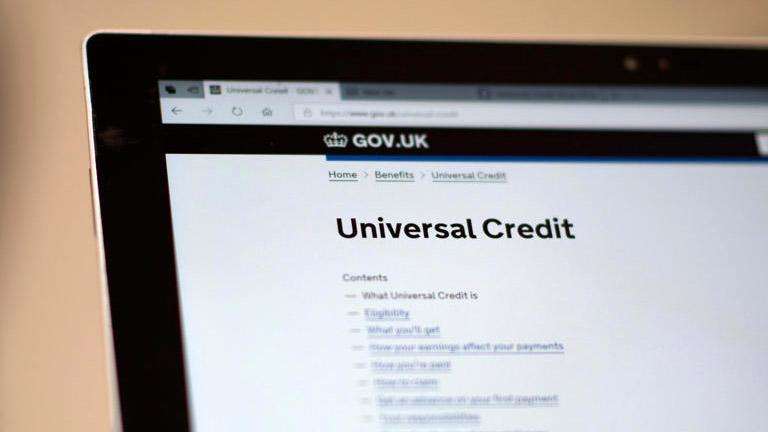Potential changes to the UK's benefits system that focus on social security and welfare efficiency have been proposed by the Labour Party. These reforms have the potential to shift the support of millions of voters in the event of an election victory.Addressing welfare fraud, updating disability benefit evaluations, and implementing savings to lessen the financial burden on taxpayers are the main goals of Labour's planned reforms. The party wants to restructure the Department for Work and Pensions (DWP) system in order to provide better accountability and support as the nation continues to suffer economic difficulties.
Reforming Work Capability Assessments
The revamping of work capability tests, which establish a person’s eligibility for employment or assistance for medical reasons, is a key component of Labour’s welfare reform initiatives. Individuals who are deemed to have a “limited capability for work” may be eligible for further financial aid under these ideas, which could include an additional £416 per month on top of their Universal Credit.The goal of this move is to give people with serious health issues more financial stability so they may concentrate on their recuperation and quality of life. Long-standing errors and inefficiencies in the evaluation process, which have been criticized for being too complicated and occasionally unfair, must be addressed, according to Labour.Additionally, Labour intends to revisit other disability-related benefits, including the Personal Independence Payment (PIP), ensuring that assessments are fair and transparent. However, there are concerns from disability rights advocates regarding potential cuts in overall PIP payments for new claimants, raising questions about the long-term impact on vulnerable groups.
Tackling Welfare Fraud and Ensuring Accountability
Labour’s proposed reforms also include stricter measures to combat welfare fraud and unpaid debts to the taxpayer. New legislation would allow the DWP to recover funds from individuals who owe significant sums, potentially suspending driving licences for those who fail to repay debts exceeding £1,000. Courts could be given the power to enforce these suspensions, reflecting a tougher stance on accountability.
The DWP would also gain enhanced authority to access bank statements in cases of suspected welfare fraud, although Labour has assured that direct access to accounts would not be permitted. These measures aim to save taxpayers an estimated £1.5 billion over five years, addressing public concerns about the misuse of benefits.
Critics contend that despite the fact that these reforms aim to improve financial responsibility within the assistance system, they may disproportionately impact those who are truly experiencing difficulties. It will be extremely difficult for Labour‘s suggested structure to strike a balance between preventing fraud and providing kind assistance to people in need.
The welfare reform agenda of the Labour Party points to a move toward more stringent regulation and focused assistance. These initiatives will surely lead to discussions over the UK’s social security system’s future as the next election draws near.

_8.jpg)

_7.jpg)




.svg)


